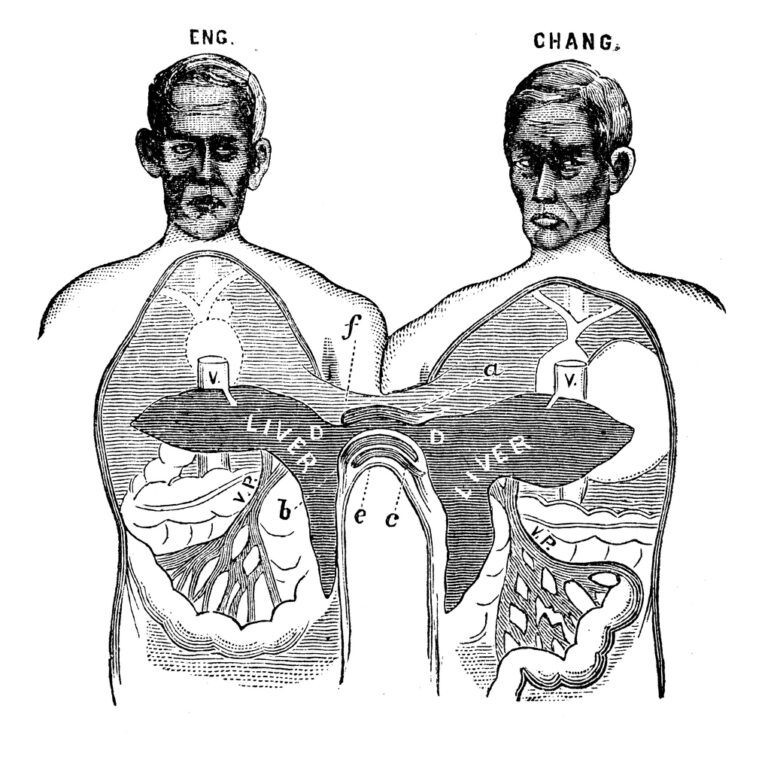“Somebody put out the concept of a hundred-day plan,” Donald Trump said last week. That somebody was Donald Trump, who set out a “contract with the American voter” for his first 100 days in office during a speech in Gettysburg, Pennsylvania, last October.
Despite playing it down, the president is now in a headlong rush to rack up achievements before tomorrow’s milestone.
The frenzy ramped up this week with what the White House described as “one of the biggest tax cuts in history for both individuals and corporations.”
But to Trump’s critics it was everything they feared and predicted: a brazen plan to rob from the poor and give to the rich, who include the president himself.
The Patriotic Millionaires, 200 wealthy Americans who oppose tax cuts for their own class, issued a pithy response: “Patently absurd.”
Trump is under considerable pressure, some self-imposed, to deliver. From funding construction of the border wall to spurring $1 trillion in infrastructure investments over the next decade, the president has implemented zero of the 10 biggest promises he outlined for his first 100 days.
Only one bill has been introduced in Congress – the ill-fated measure to scale back President Obama’s healthcare law that culminated in an embarrassing defeat at the hands of Trump’s own party.
In many ways Trump, more than any modern president before him, runs his White House like a television drama, believing that projecting an image of energy and progress is as important, if not more so, than the reality.
Peter Wehner, a former official in the George W. Bush White House who is now a senior fellow at the Ethics and Public Policy Centre, said no administration can bluff its way through four years.
“You have to produce,” Wehner said. “Ultimately the achievements will matter. You can spin and you can sell and you can put things in bright neon lights, but when everything is said and done, presidents are judged on their results.”
The Trump White House has produced some accomplishments, from regulatory rollbacks intended to promote economic growth to the installation of Justice Neil Gorsuch on the Supreme Court.
But on his largest promises – those boomed from campaign trail stages and enshrined in his voter contract – Trump has fallen short.
An Associated Press analysis found Trump has accomplished just 10 of the 38 specific promises he detailed in his voter contract, most through executive orders that allowed him to bypass the Republican-controlled Congress.
Asked about Trump’s failure to implement many of the key items, Marc Short, the White House director for legislative affairs, said the administration had run up against the slow-moving federal bureaucracy.
Short said the administration was not backing down on its early promises but added, “Perhaps the timetable was ambitious.”
In the run-up to the 100-day mark, the administration has become a whirling dervish of activity.
In a memo this week that contained a number of factual inaccuracies – including a claim that Roosevelt signed only nine executive orders, rather than the actual 99, in his first 100 days – the White House boasted of the president’s “historic accomplishment.”
The president’s team has also deployed Cabinet secretaries throughout the country to tout what they say are Trump’s robust successes.
Tomorrow, the president who doesn’t believe in the concept will headline a 100-day political rally in Pennsylvania.
Republican lawmakers largely defend the president, with some seeking to separate his domestic achievements from his foreign policy moves.
Senator John McCain, who had dinner with Trump this week, said he was pleased with Trump’s national security team and praised the cruise missile strikes the president launched in Syria.
But he sized up Trump’s domestic agenda differently. “Obviously, it’s been stalled,” McCain said.
For Democrats, who have waged a full-fledged war against much of the president’s agenda, there is some relief that he has not delivered on many of his promises, most notably his vow on Obamacare.
On Monday the Jimmy Carter Presidential Library tweeted the laws and executive orders he signed in his first 100 days, ending with the most devastating statistic of all – Carter’s approval rating of 63 per cent.
Trump, the least-popular new president in modern times, has an average approval rating hovering in the low 40s.
The reviews from around the world are not good.
“Quite a few people are saying well, ‘We’re still here,'” joked Alastair Stewart, a top anchor at Britain’s ITV News and an observer of global affairs for more than 40 years.
But he was only half-joking. “There isn’t all-out nuclear conflict, although it’s openly talked about. I find that quite extraordinary,” he said.
Interviews conducted by NBC News in more a half-dozen countries revealed a similar feeling that the world has become more dangerous under Trump and that a major crisis, or worse, could be looming.
Political analysts said Trump appears to be careening from international crisis to crisis without a clear foreign policy strategy.
“I think our view here … is like a school report that says, ‘The start wasn’t as bad as it might have been, but can do and must do better’,” said Stewart. “Until there’s evidence of that, folks will look at the United States of America with a degree of fear.”







